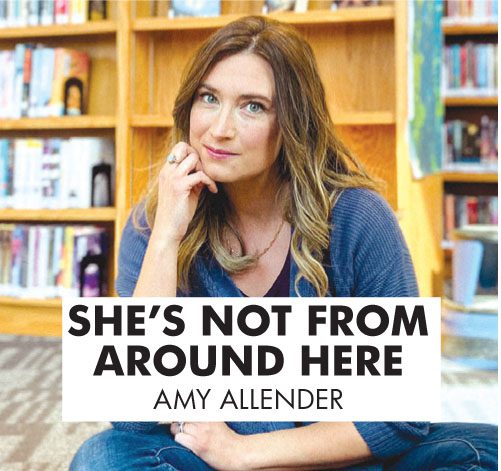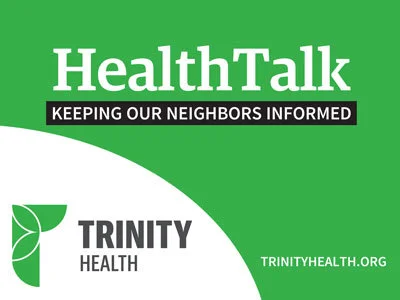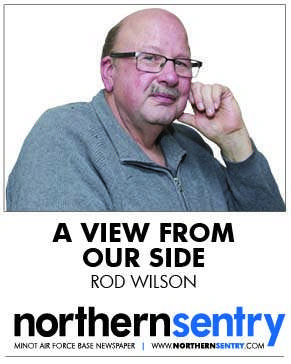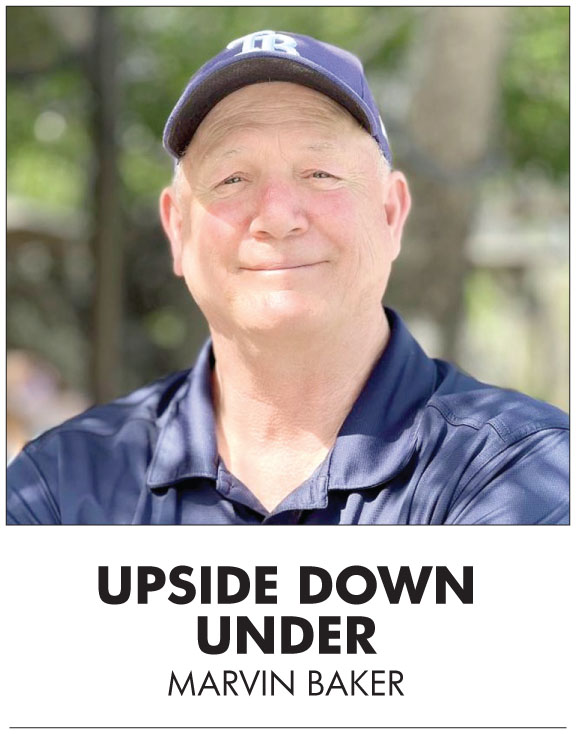As I pushed the door open, the aroma of fresh coffee enveloped me. The coffee shop had just opened, and only one other customer stood at the counter. Typically, I’m not an early riser, but my body clock was still set to Hotdish Time. Back home, it was nearing lunchtime, but in Kona, Hawaii, the day was just beginning.
During a recent trip, I spent two quick days on the Big Island. As a coffee drinker, I’m familiar with the hype around Hawaiian coffee, particularly Kona coffee. If you’re coffee averse (bless your heart), or unfamiliar, I’ll give you a little background.
Kona coffee is widely praised as one of the world’s best, celebrated for its rich flavor profile and purity. It’s also renowned for its rarity, produced in only one place on earth: Kona, HI. The rocky, volcanic terrain makes growing and harvesting excessively difficult, requiring much of the work to be done by hand. Consequently, it’s one of the world’s most expensive coffees, giving it an air of exclusivity.
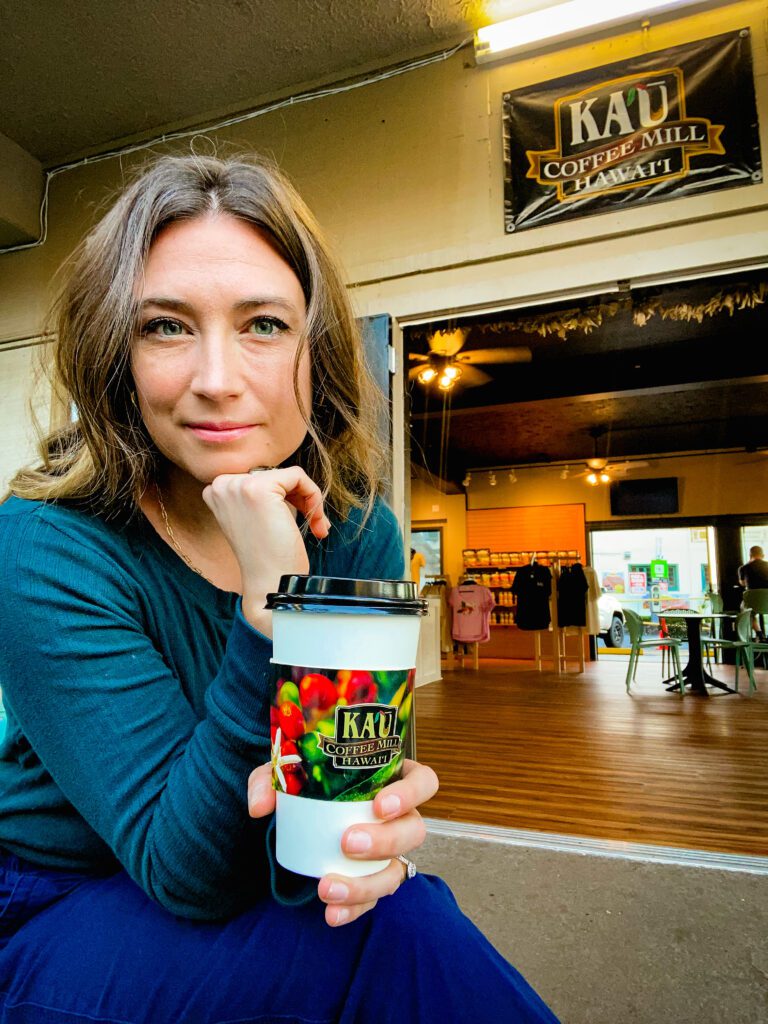
That morning, as I walked into the shop, I had one mission in mind: tasting pure, Kona coffee.
“What can I get started for you?” the barista asked. When I hesitated, she smiled and added, “Take your time, let me know if you’ve got questions.”
“Actually, I do have a question,” I said, trying not to come across as an obnoxious tourist. “This is my first time in Hawaii. Obviously, there’s lots of hype about Kona coffee—do you guys sell that?”
She let out a sigh and dropped her elbows to the counter. “We get this all the time. We’re Ka’u Coffee Mill. We sell Ka’u coffee from our farm—and it’s so good. I actually like it better.” As she spoke, she produced a map and pamphlet from under the counter. Her enthusiasm was earnest. It was clear that she believed in the company, its work, and its product.
“I know you may be biased, but is Kona coffee really that unique? Does it really taste that much better than anything else?” I asked.
She laughed. “It’s different in that it’s hard to grow, and it’s really expensive. You’d have to try it and decide for yourself, but I think a lot of the appeal is its rarity.” After handing me a cup, gestured to another counter and told me to sample all the available roasts before deciding which one I preferred.
Several minutes later, I left with an amazing cup of coffee. As I walked back to my hotel, I couldn’t stop thinking about our encounter. Without saying anything negative about Kona coffee, she had completely sold me on an alternative. Her positivity and enthusiasm for what she was representing had shifted my mindset. My initial disappointment at not finding what I had sought had been replaced by excitement to try something that hadn’t even been on my radar.
There are many good lessons here, but I’ll offer three.
First of all, positivity changes things. It changes minds, puts others at ease, and allows contentment to flourish. Being positive and invested in one thing doesn’t mean dismissal of all others. Instead, it means making peace with where you are, believing in the good around you, finding reasons to support that case, and speaking up about it to others.
Second, good things happen when we aren’t dismissive of one another. The barista could have brushed me off as an annoying tourist and sent me to another shop. I could have walked away when Kona coffee wasn’t on the menu. Something delicious and inspiring unfolded when we were mutually authentic, curious, and open to learning something new.
Finally, I think we can all learn that no matter where we are, we can inspire each other. Our attitudes, experiences, and how we articulate our opinions impact the experiences of those around us.
I know for many in town, Minot wasn’t the first option. They set out looking for Kona coffee, only to discover it wasn’t on the menu. But I keep thinking back to my short interaction at the coffee shop. What if we each took a few minutes to latch onto some good that is unique to Minot? What if we were ready to share that with someone a little skeptical? What if those who hoped for something different or more alluring approached the proverbial counter with an open mind?
I think good things would happen. I think we’d be happy with the coffee in our cup, even knowing there are other cups available elsewhere.
For more positive perspectives, and stories from life in Hotdish Land, join me online at amyallender.com, Instagram (@amy_allender), or Facebook (@amyallenderblog).

